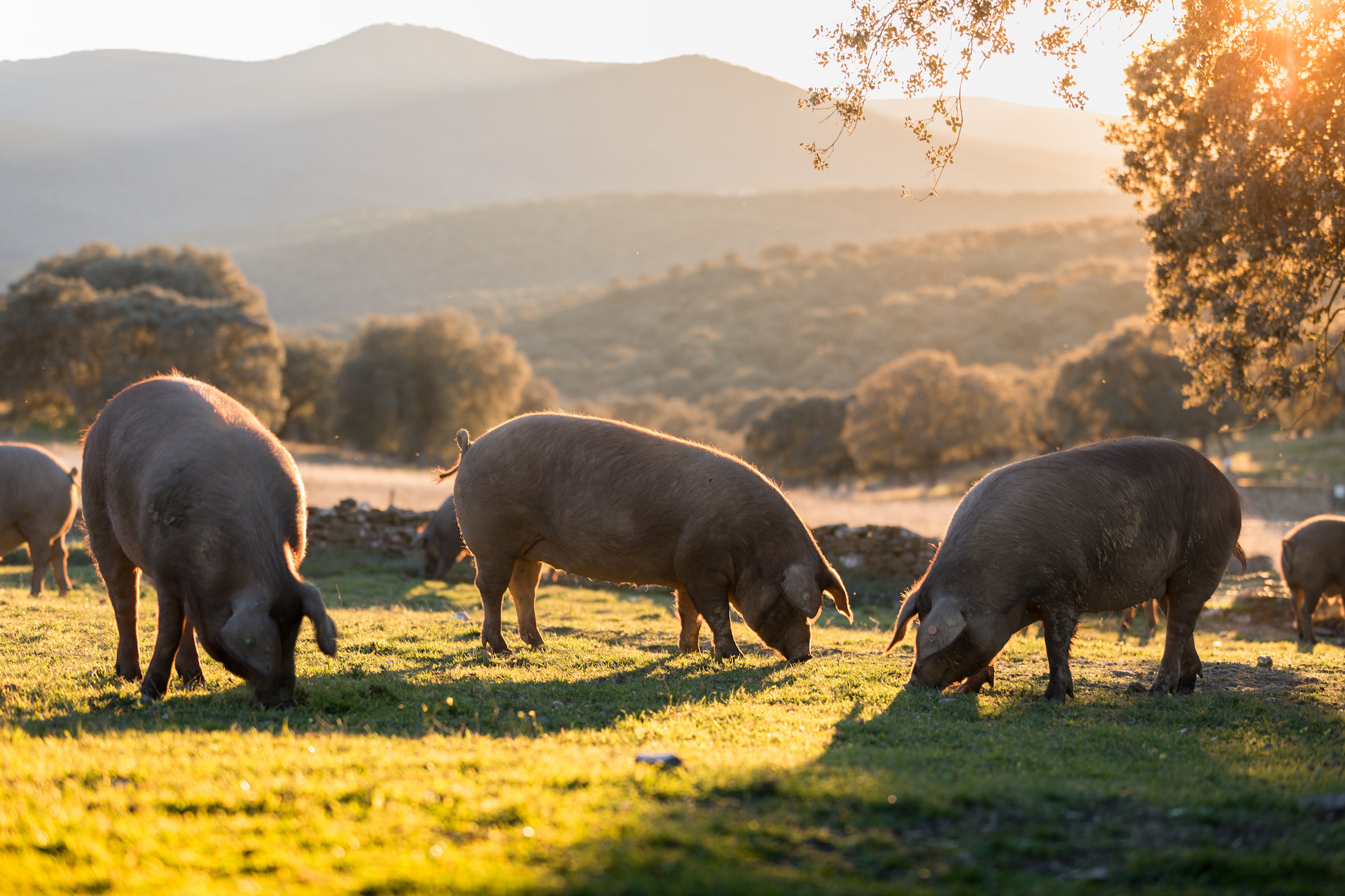Reposted from: https://www.farmprogress.com/animal-health/pennsylvania-producers-concerned-over-eats-act-
September 12, 2023
The National Pork Producers Council and other ag groups have condemned California’s Proposition 12, describing it as an attempt by the nation’s most populated state to tell farmers in other states how to raise their animals.
But in Pennsylvania, where some producers have spent years getting ready for inevitably tougher animal welfare standards, the issue is not black and white. There’s a lot of grey.
“Being in Pennsylvania, we have 150 million sets of eyes who watch what we do. Lancaster is the largest animal ag county with 550,000 people. Our folks have been ahead of the curve as it relates to animal welfare issues,” says Chris Herr, executive vice president of PennAg Industries, who helped organize a recent listening session on the Ending Agricultural Trade Suppression (EATS) Act.
The EATS Act would bar states from passing laws that affect agricultural production in other states and was proposed shortly after the Supreme Court upheld California’s Prop 12, which establishes more stringent animal housing requirements for meat sold in the state and bans the sale of meat from animals not raised in compliance with the state’s living space requirements, regardless of location.
It’s gotten support from Rep. Glenn “GT” Thompson, R-Pa., chairman of the House Ag Committee, who said as recently as last month in State College that he would consider inserting language in the farm bill should the EATS Act fail in the House and Senate.
But it’s also gotten push back from more than 170 lawmakers and some of Pennsylvania’s leading animal ag leaders, who are concerned the passage of the act would undermine markets that have opened for producers willing to make changes.
Industry speaks out
Brad Clemens, president of Clemens Food Group, which produces pork products under the Hatfield Quality Meats label and other private labels, says the EATS Act would undermine years of work the company has put in to prepare for Prop 12 and other similar animal welfare laws.
“We’ve given our producers choice,” he says. “This is their choice to be able to make this conversion, and a lot of them have. It’s given them choice, and it will absolutely take away a choice they have if the EATS Act were to pass.”
Clemens says the company, which ranks fifth in the nation in fresh pork processing and is in the top 10 for number of sows, has already transitioned all its sows and market hogs — raised through the company’s Country View Family Farms subsidiary and through independent producers — to the so-called “Ohio standard,” which mandates all pigs live in an environment that allows them to lie down fully on their side without having to lie on each other, and be able to easily stand up at all stages of production.
The Ohio standard allows gestation crates but only at post-weaning to maximize embryonic welfare and to allow for confirmation of pregnancy.
It took about 10 years to switch all the company’s animals to this system, Clemens says. Less than half of the company’s animals are being raised to follow Prop 12 and its Massachusetts equivalent, he says, a process that took only two years to implement.
Prop 12 specifies living space requirements per animal — 24 square feet for pigs, 144 square inches for egg-laying hens and 43 square feet for veal calves. As a result, commonly used gestation crates for sows and battery cages for hens don’t meet the Prop 12 standard.
Farm Progress | Pennsylvania producers concerned over EATS Act
